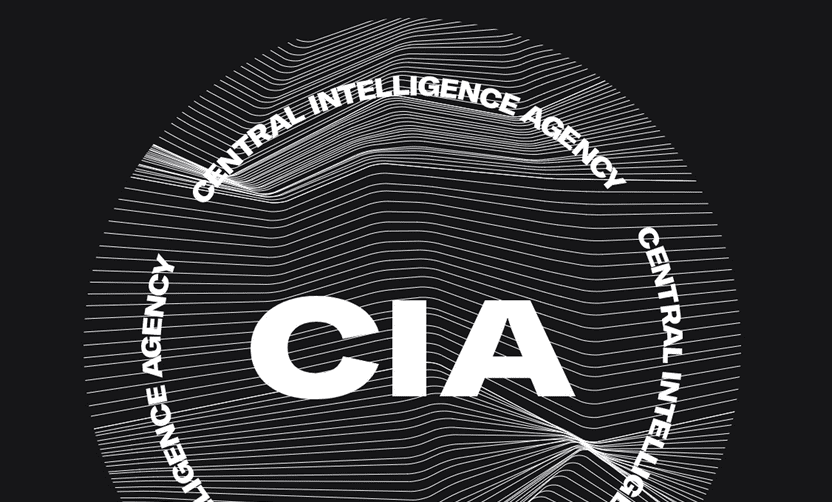In a concerning development that underscores the critical importance of whistleblower protection, a female CIA trainee who alleged sexual assault within the agency’s premises in 2022 and subsequently sued the CIA for intimidation has been terminated from her position, CNN and other media outlets report. Her attorney called it a blatant act of retaliation for her courageous whistleblowing actions, including reports to law enforcement, Congress, and the Inspector General as a victim of sexual assault.
The CIA, however, disputes these claims. Spokesperson Tammy Thorp defended the agency’s stance, insisting that the CIA maintains a zero-tolerance policy towards sexual assault, sexual harassment, and any form of whistleblower retaliation. According to the agency, the trainee’s dismissal was due to her inability to complete the highly demanding training program for clandestine officers, known colloquially as “The Farm.” This explanation comes despite the trainee’s prior testimony before the House Intelligence Committee regarding her assault and her subsequent struggle to secure another position within the CIA, leading to her dismissal.
Kevin Carroll, the trainee’s lawyer, highlighted her qualifications, noting her proficiency in multiple languages, including Russian and Ukrainian, and her background as a highly qualified project manager. The agency insists that it applies consistent and fair processes to all officers undergoing training, yet the timing and nature of the trainee’s dismissal raise serious questions about the integrity of these processes, especially in cases involving whistleblowers and victims of assault.
The trainee’s lawsuit further complicates the narrative, accusing the CIA of intervening on behalf of her assailant during his criminal trial and improperly sharing her private instant messages with the defense team. These actions, she argues, were attempts to discredit her and prevent her from testifying, violating her Privacy Act rights and exemplifying the agency’s alleged efforts to shield her assailant.
As settlement negotiations continue in her civil suit, this case highlights the urgent need for robust whistleblower protections, particularly for those brave enough to speak out against misconduct within powerful institutions. Protecting whistleblowers is not just about safeguarding individuals; it’s about ensuring justice, transparency, and accountability in organizations that wield significant influence and authority. The CIA’s handling of this case serves as a stark reminder of the challenges whistleblowers face, emphasizing the necessity of strengthening protections to encourage reporting of misconduct without fear of retaliation.
